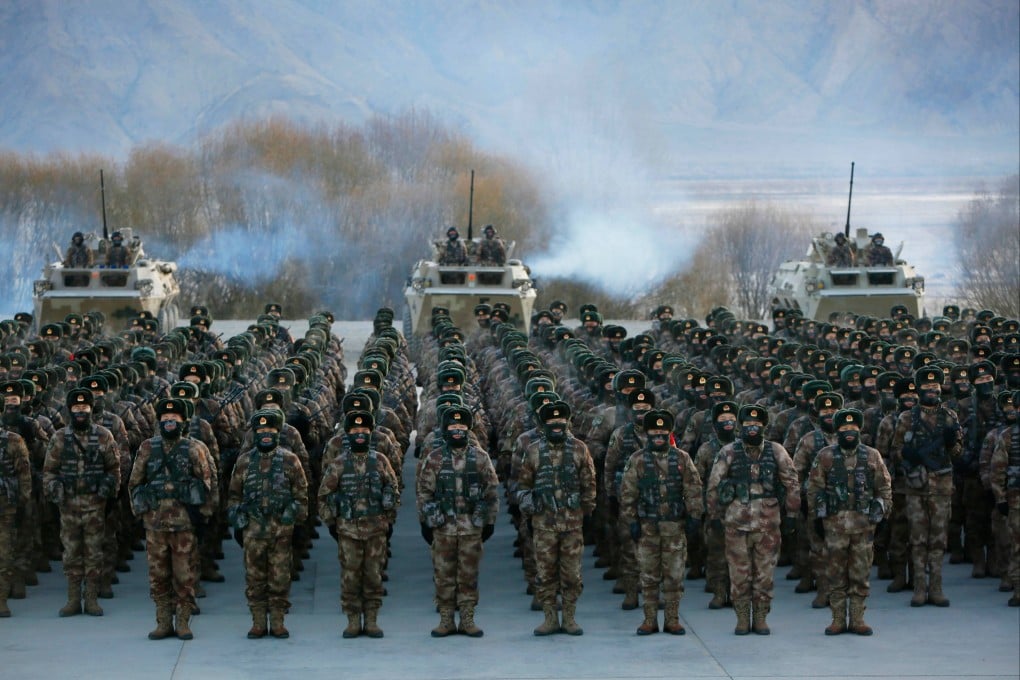Advertisement
China pushes for smarter armed forces with education shake-up on path to modern military
- Central Military Commission reveals expanded training focus to include joint combat command, high-level strategic management and science and tech innovation
- Enrolment numbers would remain stable but would include more students of new types of combat and plans to train personnel in military intelligence and aerospace
Reading Time:3 minutes
Why you can trust SCMP
25

China is reshaping its military postgraduate system to make its armed forces “smarter”, including cultivating more technological talent, a newly issued document shows.
It is a part of a broader effort to modernise China’s armed forces for combat readiness against the backdrop of Beijing’s plan to take back self-ruled Taiwan and changes in the international environment brought by the war in Ukraine.
The document, titled “Opinions on accelerating the reform and development of military postgraduate education”, was recently issued by the Central Military Commission, state news agency Xinhua said on Monday.
Advertisement
The new talent development plan, which focuses on fostering military personnel with advanced technology backgrounds and combat skills, is part of the massive ongoing reforms intended to turn the People’s Liberation Army (PLA) into a modern military force by 2027.
It will “comprehensively promote the reshaping of the military postgraduate education system” and “train a large number of high-level new military personnel”, according to the document, although the full text has not been made public.
Advertisement
Advertisement
Select Voice
Select Speed
1.00x
